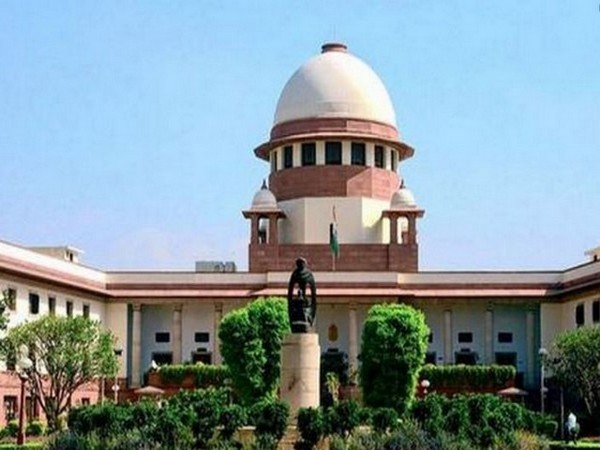


The Supreme Court has extended the stay on the dismissal of Indian Police Service officer Satish Chandra Verma, who filed an affidavit in 2011 alleging that Ishrat Jehan, 19, and three others accused of being part of a terror module were killed in a bogus “encounter” in 2004 near Ahmedabad. A month before his retirement, the Centre fired Verma on August 30.
Verma filed a restraining order after the Delhi High Court upheld the Centre’s action on September 7 but delayed its implementation until Monday.
A bench of justices KM Joseph and Hrishikesh Roy extended the stay on the dismissal on Monday to allow Verma to approach the high court. “It will be open to the appellant [Verma] to take steps for amending his pending petition in the Delhi high court to lodge a challenge against the order of dismissal.” The bench left it to the high court to decide whether the dismissal needed to stay further.
The challenge to the dismissal should be heard in the Supreme Court, according to Kapil Sibal, or the pending petition in the High Court against the framing of charges in the departmental proceedings, which has been pending since last year, should be brought forward. He stated that the high court scheduled Verma’s case for hearing in January after approving the dismissal on September 7, despite the fact that his client is set to retire on September 30.
The high court ordered on September 22 that no “precipitate action” be taken against Verma without its permission. The Centre appealed the order to the Supreme Court.
The case against Verma was still pending in the Supreme Court. The Centre stated that its appeal to the Supreme Court had delayed the matter in the High Court.
The Supreme Court granted the Centre permission to proceed against Verma on August 30, and he was dismissed the next day. Sibal questioned the haste with which his client was prosecuted, citing rules governing government employees. He stated that if disciplinary action is initiated during a government employee’s tenure, it can be completed even after retirement.
The Supreme Court took note of the Centre’s “tearing hurry” in acting against Verma.
Verma argued that the dismissal order was a possible “victimisation” by the state government because he was instrumental in exposing the role of Intelligence Bureau and Gujarat Police officers in the killing of Jahan and the three other men. Verma assisted the Central Bureau of Investigation (CBI) in its investigation of the murders.
The evidence gathered by the CBI and Verma was questioned. An undersecretary in the Union Home Ministry claimed he was tortured and coerced into testifying against the accused. In a media interview in March 2016, Verma responded to the allegations against him, which became the basis for the departmental proceedings against him.